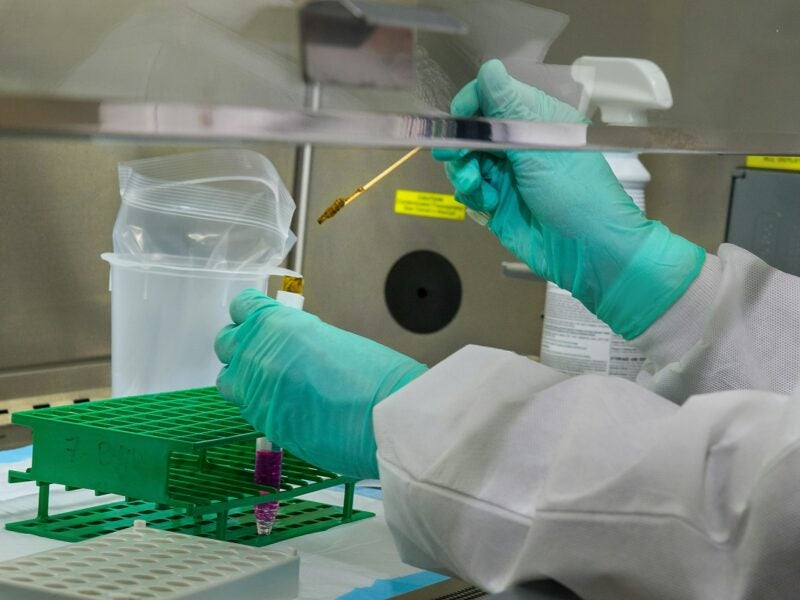
Blood-based cancer tests developer DELFI Diagnostics has launched its fragmentome-based DELFI-Tumor Fraction (DELFI-TF) cancer treatment monitoring assay.
DELFI-TF is a research-use-only (RUO) test designed for low-cost and non-invasive measurement of tumour burden.
According to the US-based DELFI Diagnostics, this highly sensitive test will also evaluate treatment response and resistance in patients having advanced cancer.
In addition, the cancer detection test developer signed a new research collaboration agreement with Immunocore.
Immunocore is a commercial-stage biotechnology company focused on the development of a class of bispecific T cell receptor (TCR) immunotherapies against cancer (ImmTAC molecules).
The partnership is intended to assess the potential of DELFI-TF assay in the early prediction of treatment benefits from ImmTAC-based therapies.
DELFI Diagnostics co-founder and chief scientific officer Nicholas Dracopoli said: “The DELFI-TF assay delivers a genome-wide measure of the proportion of cfDNA derived from a tumour and it is highly correlated with the mutant allele fraction (MAF) that is often used to evaluate treatment response and resistance to immunotherapies in advanced cancer patients.
“Our fragmentome-based assay has numerous advantages as it requires very little plasma, has a low cost of processing, and is not confounded by clonal haematopoiesis or driver mutation switches.
“We are excited that Immunocore will be further exploring the clinical and research potential of the DELFI liquid biopsy platform as a new approach to monitoring treatment response.”
Other parties in the pharmaceutical industry are also assessing the DELFI-TF RUO assay for its potential use in furthering other healthcare discoveries.
Additionally, DELFI Diagnostics plans to announce more research partnerships soon.
In November 2022, the company reported promising results for its liquid biopsy platform in liver cancer detection. The artificial intelligence (AI)-based blood testing technology is designed to detect fragmentation changes among cell-free DNA (cfDNA).






